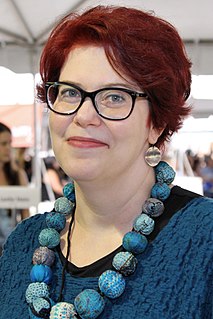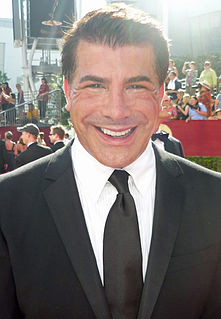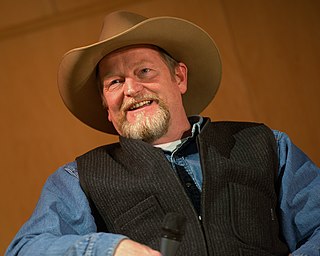A Quote by Claudia Gray
I'm from New Orleans, and we have a Mardi Gras group called the Chewbacchus. It's celebrating all things geeky: science fiction, fantasy, 'Star Wars,' 'Doctor Who,' 'Men in Black,' 'Ghostbusters,' everything.
Related Quotes
Most of what I do is science fiction. Some of the things I do are fantasy. I don't like the labels, they're marketing tools, and I certainly don't worry about them when I'm writing. They are also inhibiting factors; you wind up not getting read by certain people, or not getting sold to certain people because they think they know what you write. You say science fiction and everybody thinks Star Wars or Star Trek.
While the emphasis on effects became a catastrophe for science fiction, it was a relief for the capitalist culture of which 'Star Wars' became a symbol. Late capitalism can't produce many new ideas any more, but it can reliably deliver technological upgrades. But 'Star Wars' didn't really belong to the science fiction genre any way.
Science fiction is fantasy about issues of science. Science fiction is a subset of fantasy. Fantasy predated it by several millennia. The '30s to the '50s were the golden age of science fiction - this was because, to a large degree, it was at this point that technology and science had exposed its potential without revealing the limitations.




































